 MIAMI – The afternoon of March 2 marked the latest of many heartfelt meetings of the Focolare, the international Catholic lay movement, and the Muslim community in South Florida.
MIAMI – The afternoon of March 2 marked the latest of many heartfelt meetings of the Focolare, the international Catholic lay movement, and the Muslim community in South Florida.
Participants said the gathering of Christians and Muslims, hosted by Imam Dr. Nasir Ahmed and the Muslims of Masjid Al-Ansar, 5245 N.W. Seventh Ave. in Liberty City, was yet another refreshing time in an atmosphere of love, respect, and “being one with the other.”
Their fellowship is rooted in that of Focolare founder Chiara Lubich and Imam W.D. Mohammed, leader of America’s largest indigenous Muslim community. Although both passed in 2008, they were united in their efforts for universal brotherhood and peace between people of different religions and beliefs.
The two communities’ “communion of dialogue” is not about imposing beliefs on one another, but instead about learning from each other, and growing in understanding and respect of what is shared in common.
Enjoying the program, fellowship and food at Masjid Al-Ansar were many longtime dear friends who first met in the same room in the mosque more than a decade ago.
FAITH & FAMILY
Even before then, similar meetings were happening in churches, mosques and homes around the country. On a broader level, highlights of their unity include Lubich’s May 18, 1997 address at the historic Malcolm Shabazz Mosque in Harlem, N.Y.; Imam Mohammed being hosted by Pope John Paul II in Rome and the consistent presence of Focolare members at the annual Muslim convention of the imam’s The Mosque Cares ministry.
In South Florida the friends have shared innumerable programs, picnics and other gatherings and met regularly at a church in Hialeah. On this occasion, the two communities focused on the shared commitment to “Faith, Love, and Unity in the Family.”
One couple who have been together 35 years, with five children, Raul and Fatima Martinez, spoke about experiences within their family. In their talk they shared three important points of the movement: loving everyone, being the first to love, and being one with the other. By choosing to act out these principles, they said, they were able to sort things out as a couple with something as simple as a hug.
Not an ordinary hug, however, but one birthed out of the inner anger and frustration one may feel with the person who is our “enemy” at a particular moment, and instead is driven by a pure and strong decision to go out of ourselves and reach out to love.
Raul, for instance, described his native Paraguayan culture as chauvinist, therefore making him feel his most important and only duty as a husband in the home was to be the provider, and let the wife do the rest. Because of the ideal of the Focolare, he said, he began to grow in interest of his wife’s daily occurrences and struggles, and each day after work would ask her how her day had progressed.
This gentle gesture made the couple more united and grow in understanding and love. His interest in his wife’s daily life at home made him feel her struggles, and they became closer together as a couple.
An observer from the Muslim community in Miami said that this ideal of the Focolare and the relationship of interfaith dialogue “doesn’t delete one’s identity or our own belief system.” Martin Alfaro, of the Focolare community in Miami, responded: “Our bond of brotherhood goes beyond religion and seeks to love everyone without distinction.”
Another principle expressed was that loving one’s neighbor is not merely restricted to every single person in the world, because we will never meet them all; rather in our lifetime we instead must love each person who is with us at any moment – the ones we like as well as the ones we don’t like.
Living each present moment in this way is another facet of the ideal of the Focolare, because there is always an opportunity to reach out to someone who needs us.
CHILDREN OF GOD
Other shared principles included that all are created in God’s image, all are children of God, and all want to be loved. “Islam is a religion of unity,” said Imam Mohammed, son of Elijah Muhammad who founded the original Nation of Islam, in hosting Lubich’s 1997 address at the mosque in Harlem. “It begins on that principle, that God is one,” the imam added, “God has made things different, and human beings too, because he wants unity to progress.”
Both spiritual communities say that practicing the shared principles makes one an even stronger believer.
Although tensions often form from simple miscommunication and lack of understanding, participants noted that because of meetings such as these, differences in beliefs and religion offer an opportunity to grow in understanding and the realization that we are more alike than we think.

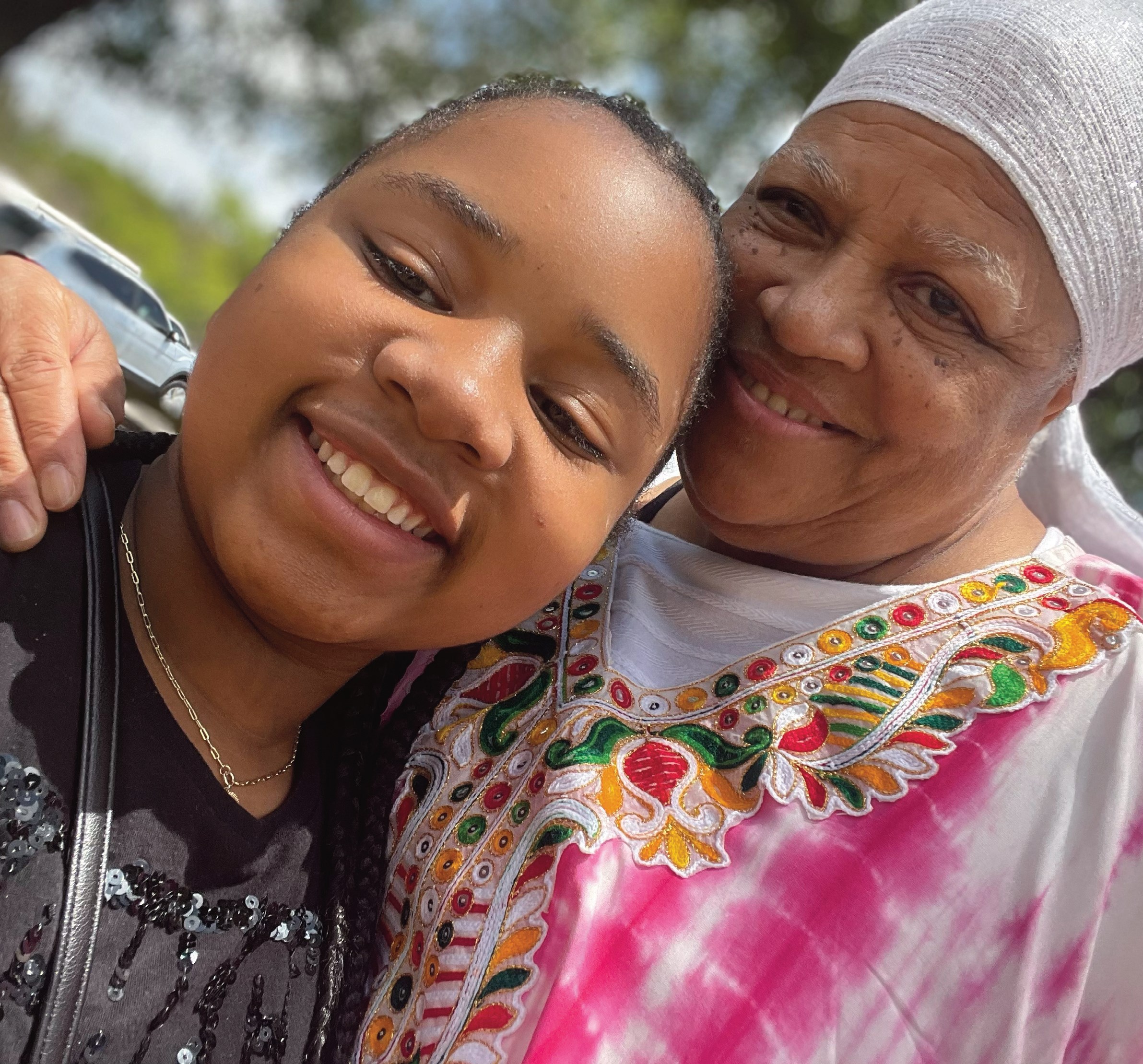
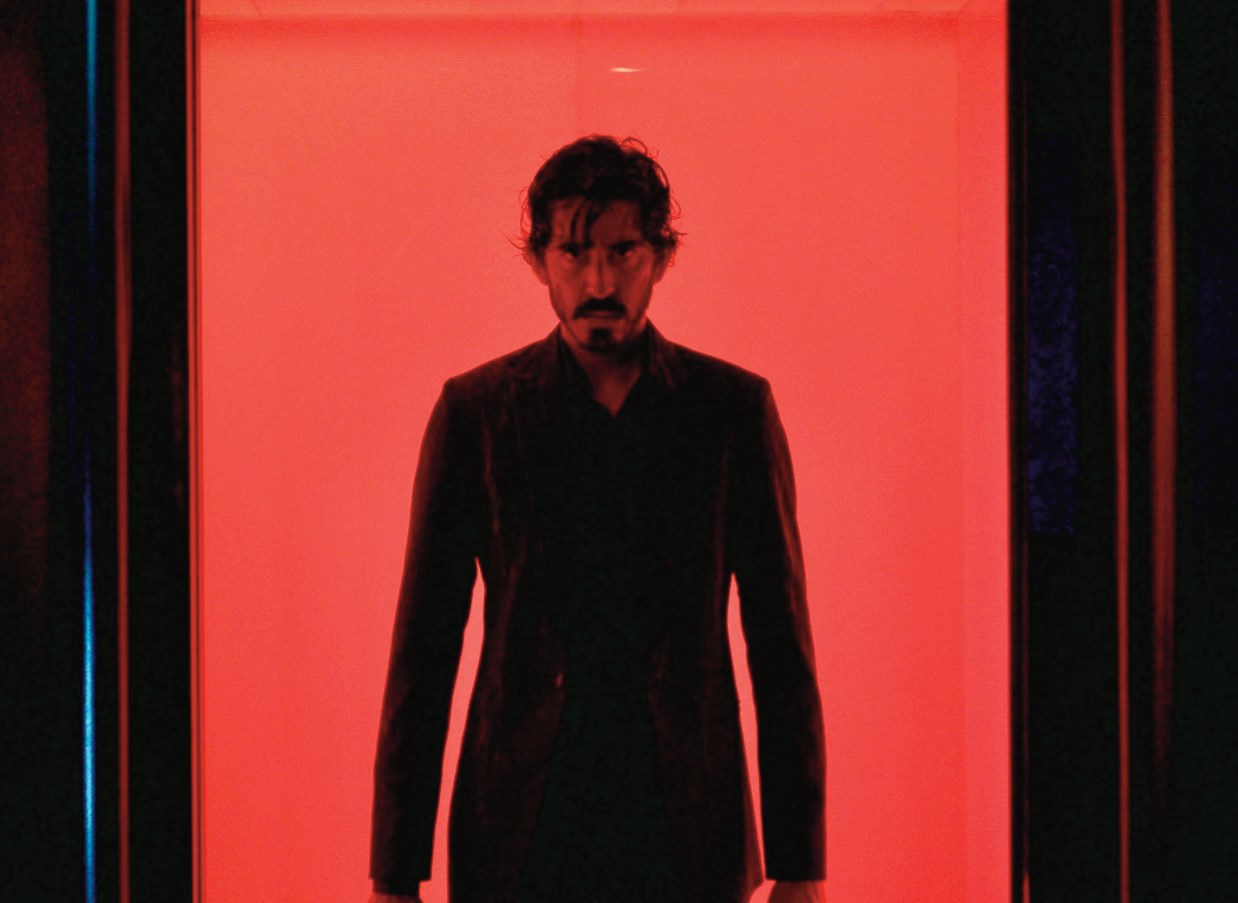
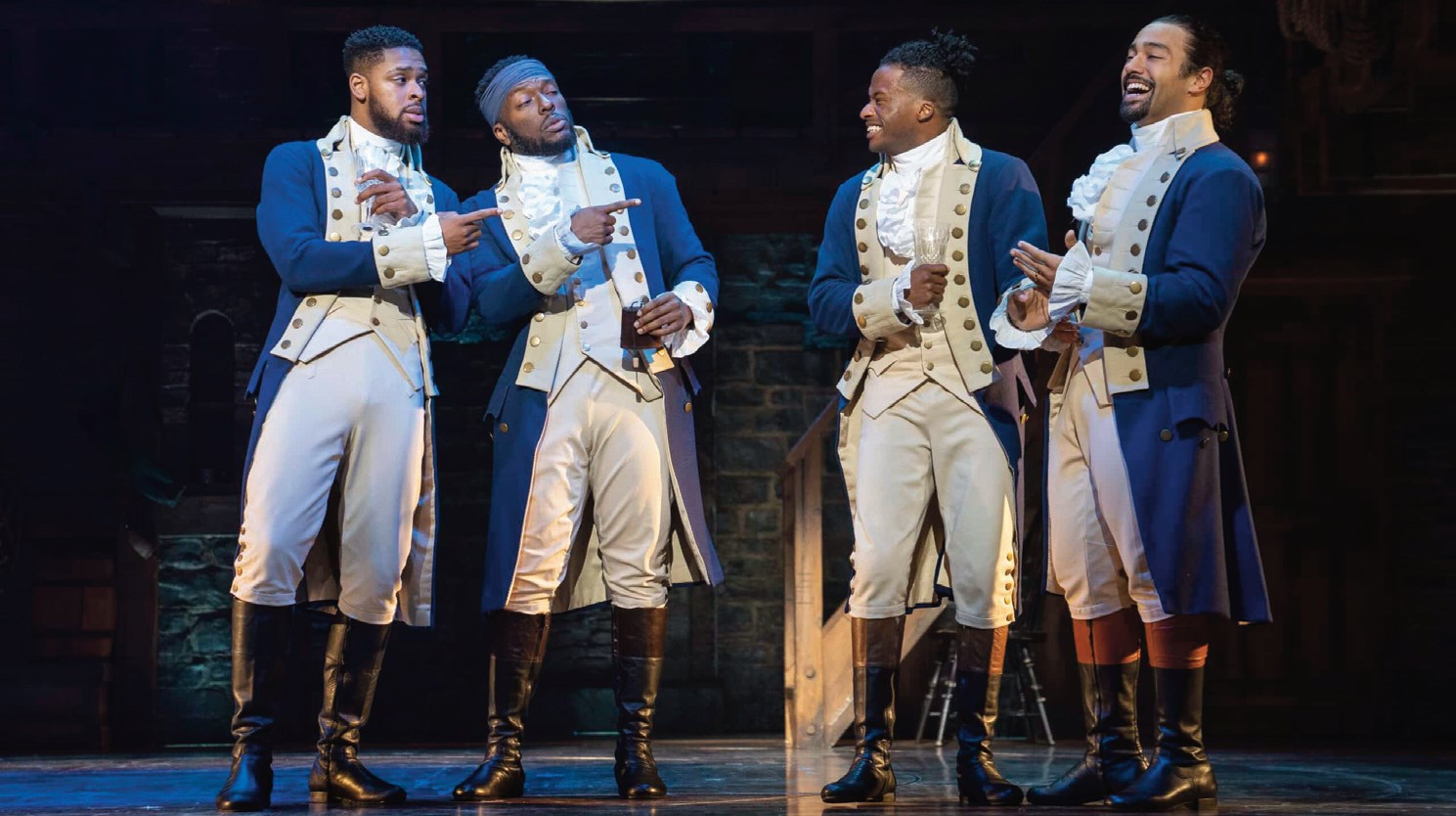
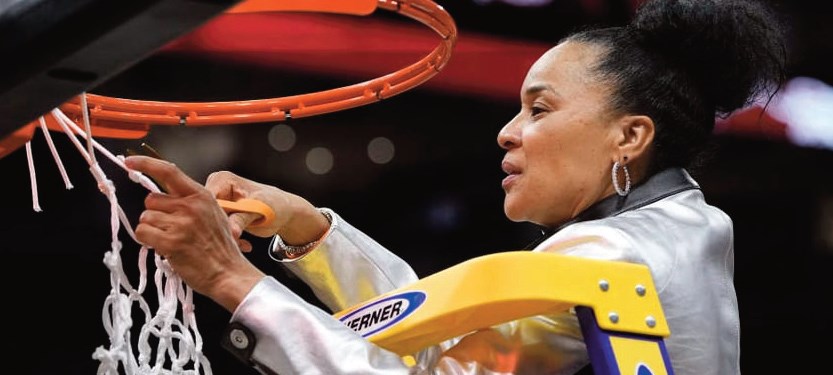
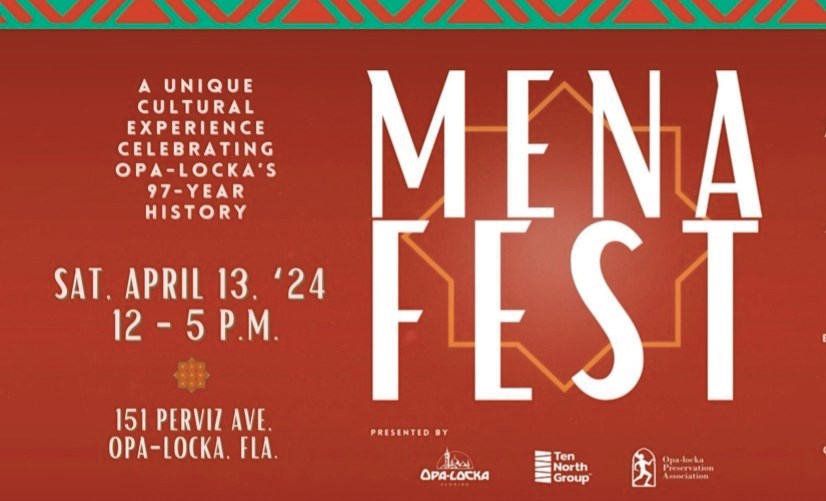
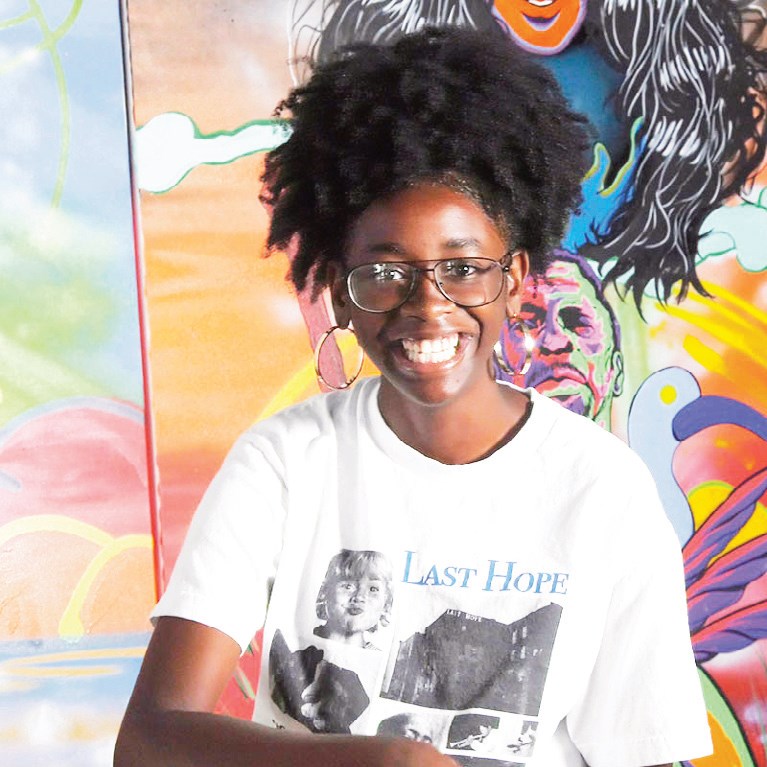
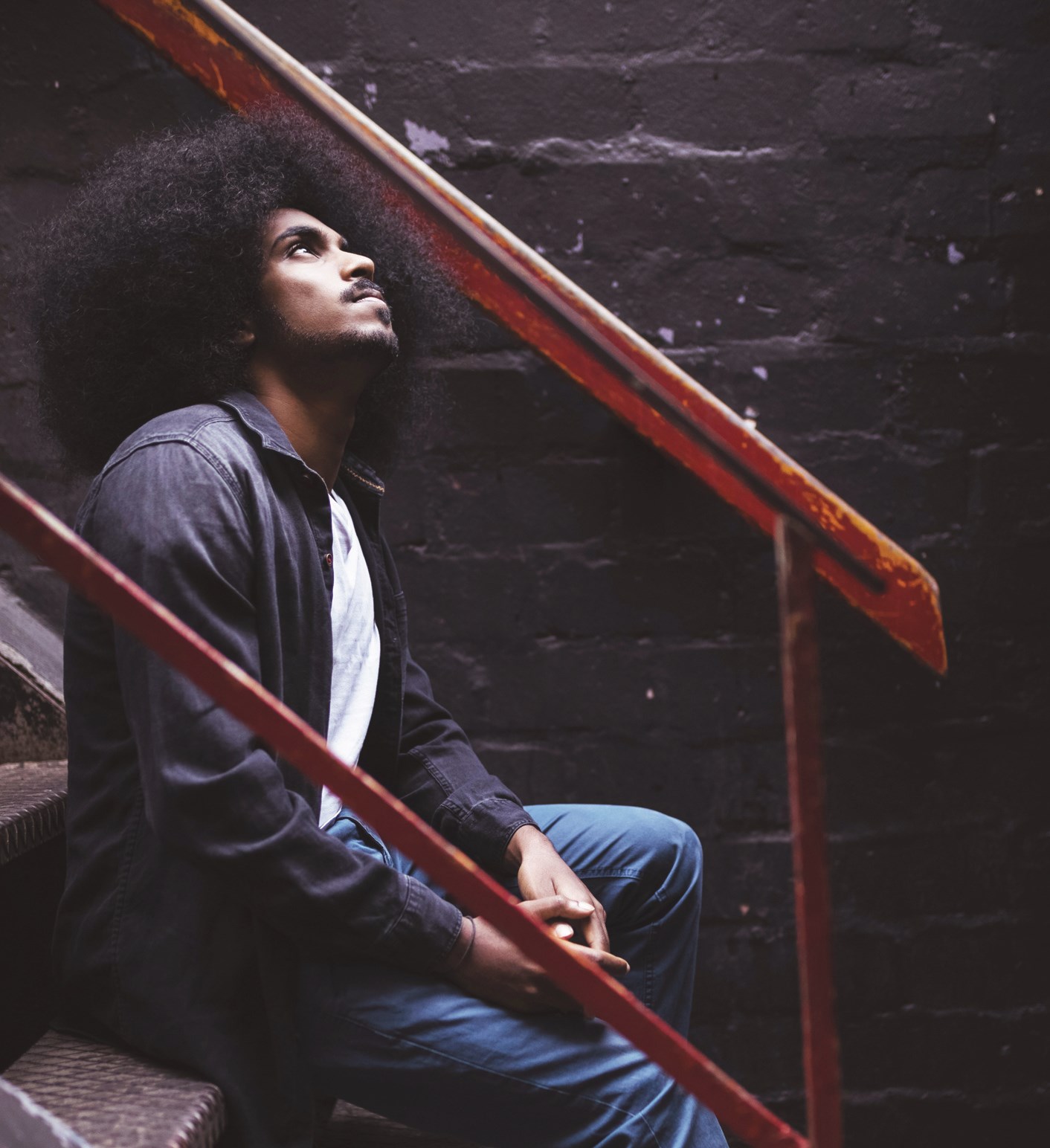
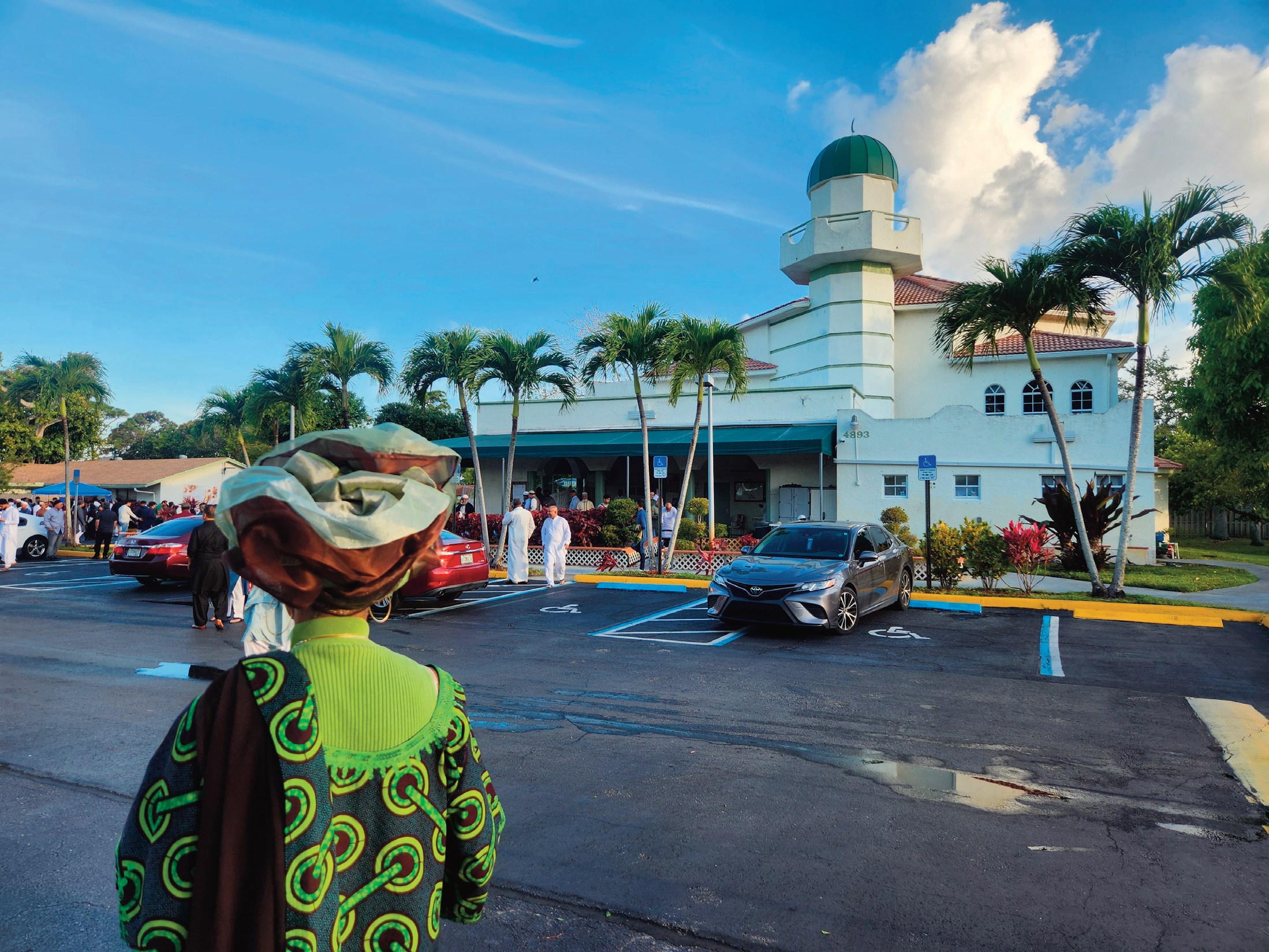



No Comment